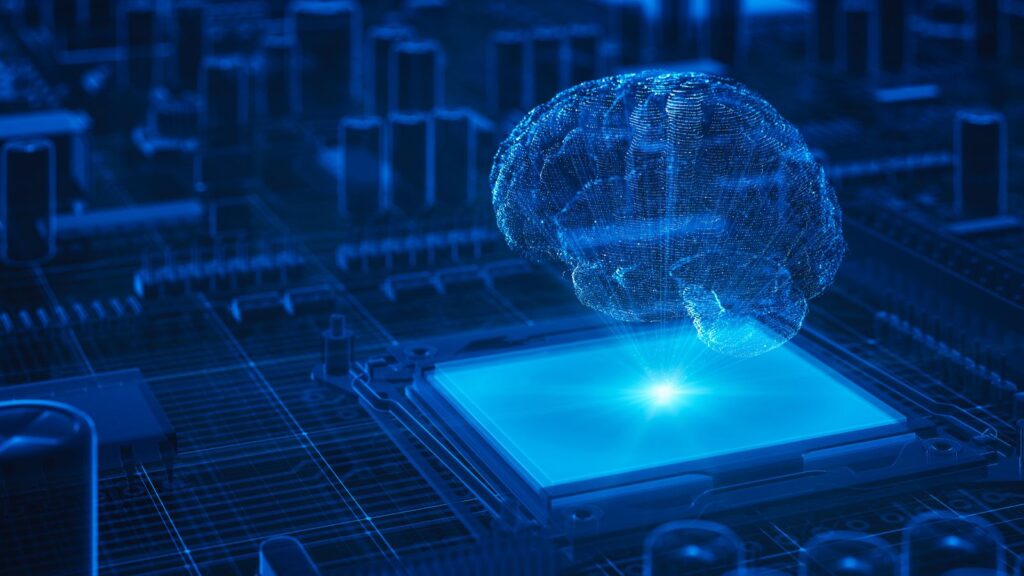In recent years, the rise of artificial intelligence in mental health systems has led to the development of AI tools, mental health apps, and AI-driven virtual therapists. This reshapes how people access care currently. These innovations are expanding reach, enabling early detection, and offering scalable mental health support.
From screening to crisis triage, they promise to enhance mental health care and improve mental health concerns, but not without challenges and critical ethical considerations.
AI in Mental Health: Expanding Access and Screening
AI systems that use natural language processing and machine learning can triage individuals before they are seen by a human professional. For example, apps like Wysa and Replika function as AI-driven mental health chatbots that provide guided exercises, conversational support, or therapeutic interventions. These AI tools can assist with mental health diagnosis by flagging mental health symptoms, supporting mental health professionals, and reaching underserved regions where mental health services are limited or stigmatized.
A recent systematic review shows that AI-based screening tools can detect post-traumatic stress disorder, depression, and anxiety disorder with accuracy comparable to human intake.
Therapeutic Interventions: From Chatbot to Clinician
Beyond screening, AI-driven therapy tools offer mental health treatment support. Platforms deploy AI-driven interventions and AI systems to deliver CBT-style guidance and emotional support when live care is unavailable. In a randomized controlled trial, users engaging daily with these tools showed improvement in depression symptoms, some on par with therapist-led sessions.
While AI can address mental health issues cost-effectively, it is not a substitute for human therapists. It is best used as an adjunct to increase access rather than a replacement, especially in complex mental health conditions like severe depression, PTSD, or suicidal ideation.
Enhancing Mental Health Care With AI Tools
AI offers increased reach within mental health systems and helps optimize clinician workflows. Healthcare organizations and public health networks are integrating AI in mental tools to support human-led care due to their ease in access of mental health resources. For instance, clinician dashboards can flag risk via AI-monitored language, support follow-up, and help mental health professionals prioritize cases.
Early alerts and remote mental health monitoring boost early intervention, improving patient outcomes. However, such systems raise serious questions about data security, consent, fairness, and bias.
Ethical Considerations and Human Oversight
The ethical implications of artificial intelligence in mental healthcare are increasingly scrutinized. This includes responsibility for diagnosing or offering guidance without human oversight. A 2024 JMIR Mental Health article argues that AI must be regulated by frameworks that respect human relationships. This is what they call an ethics of care. It is not only technical compliance.
Privacy, accuracy, and ethical considerations such as bias mitigation, transparency, and informed consent must be embedded in deployment. AI should serve as a complement to, not a replacement for, human oversight by trained clinicians.
Real-World Tools and Emerging Evidence
Current AI in mental health apps such as Wysa, Youper, and Woebot offer low-cost, accessible mental health therapy. Meta-analyses show these apps can reduce symptoms of depression and anxiety, especially in people with mild to moderate mental health problems. Meru Health, a therapist-supported digital platform, demonstrated clinically significant improvements in depression and anxiety scores over 12 weeks. Research also suggests that combining exercise on cognitive function with digital self-management tools can lead to better overall outcomes.
However, high-risk cases and mental health crises necessitate trained clinicians. Instances where bots misinterpret suicidal ideation or provide harmful advice have been documented, underlining the need for regulated, supervised use.
Integration Across Mental Health Systems
As healthcare organizations adopt AI in mental health screening, treatment adjuncts, and follow-up tools, ethical governance becomes key. Developers must design AI that ensures data security, respects privacy, and enables human review. Most platforms still lack formal clinical validation or certification. Furthermore, tools must align with national guidance, such as that promoted by WHO or professional bodies, to ensure safety and trust.
Improving Early Detection and Patient Outcomes
By spotting early signs of mental health conditions, AI tools can triage and direct users to professional care faster. This is particularly valuable in regions with provider shortages. AI-enabled models support learners in clinical education, therapeutic interventions, and remote monitoring through ecological momentary assessment. Improving access and early detection has the potential to prevent progressive mental health disorders, reduce worse mental health outcomes, and enhance mental well-being overall.
Balancing Innovation With Caution
Despite their benefits, AI-based tools raise concerns. Ethical concerns include data misuse, algorithmic bias, and misaligned user expectations. Users may treat bots like friends or therapists, but AI lacks nuance and long-term relational understanding. Tools reliant on user-generated content may inadvertently reinforce stigma or misinformation about mental illness. Regulatory frameworks must consider human oversight, accountability, and transparency to ensure ethical application in mental health care.
Future Research and Responsible Implementation
Ongoing future research is essential to fully understand the long-term effects and safety of AI-driven interventions in mental health care. Studies must go beyond early pilot trials and assess how well these tools work over time, particularly for complex mental health conditions such as post-traumatic stress disorder (PTSD), suicidal ideation, and other severe mental illnesses.
To ensure ethical considerations are met, implementation strategies must be rooted in evidence and involve continuous human oversight. This includes developing safe AI algorithms, protecting patient data through robust data security protocols, and maintaining compliance with regulatory standards. Ultimately, mental health professionals must guide the responsible and effective implementation of artificial intelligence in mental health, ensuring care remains compassionate, safe, and personalized.
Conclusion
As artificial intelligence continues to reshape the landscape of mental health care, its thoughtful integration holds promise for making support more accessible, personalized, and timely, helping address mental health challenges more effectively. From early detection to improved monitoring and enhanced therapeutic interventions, AI tools can play a decisive role when guided by human expertise and ethical frameworks. While technology alone cannot replace empathy or lived experience, combining AI with licensed mental health professionals ensures care remains effective and compassionate.
As we look toward the future, providers must prioritize data security, ethical implementation, and continued human oversight on AI-driven tools, considering the sensitive nature of mental health information. In this evolving landscape, institutions such as Southern California drug rehab centers may soon lead the way by integrating AI innovations to enhance the quality and responsiveness of care.
